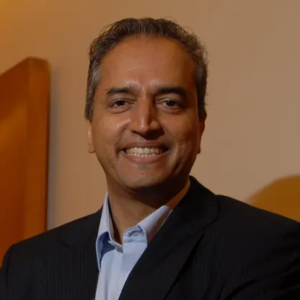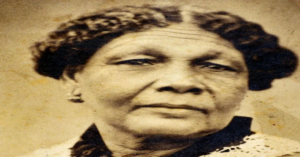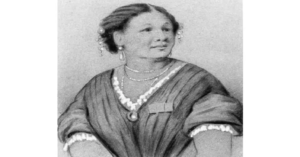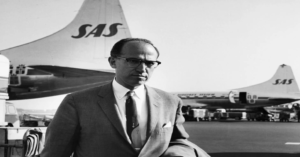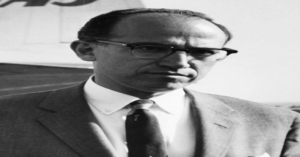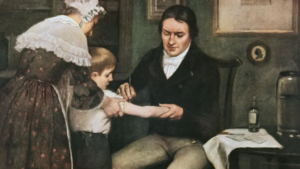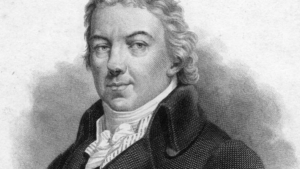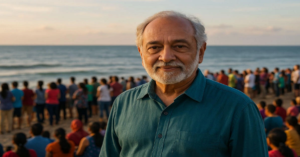Christiaan Barnard biography
The Man Who Stole Fire: Christiaan Barnard and the Broken Heart That Changed Humanity
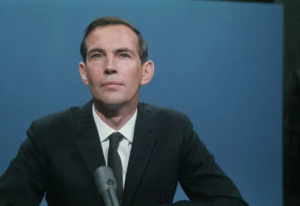
How a minister’s son from a dusty South African town gambled everything to give us more time to love.You could smell the rain coming off Table Mountain that night. December 3, 1967. Inside Cape Town’s Groote Schuur Hospital, two families wept in separate rooms. Down the hall, a surgeon rubbed his aching hands. Christiaan Barnard hadn’t slept in 36 hours. His rheumatoid arthritis flared like barbed wire in his knuckles. He’d just turned 45, but his body felt decades older. “One more year,” he’d told his brother Marius, “and I won’t be able to hold a scalpel.”
Outside, South Africa burned with apartheid. Inside, two hearts beat toward collision:
- Louis Washkansky, 53. Grocer. War veteran. Drowning in his own fluids as his heart failed.
- Denise Darvall, 25. Bank clerk. Moments earlier, she’d laughed with her mother over tea cakes. Then a drunk driver’s car changed everything.
Barnard stared at the X-rays. This wasn’t just surgery. It was heresy. For 3000 years, the heart wasn’t just an organ – it was the soul’s throne. Now he planned to rip one from a dead girl and stitch it into a dying man.
What follows isn’t just history. It’s the story of how far we’ll go to cheat death for one more sunrise.
Christian Barnard Touched Ghosts (Beaufort West, 1928)
Five-year-old Christiaan pressed his ear against his brother’s tiny chest. Little Abraham hadn’t stopped crying for days. Their father – the village priest – had prayed over him. Their mother rubbed his blue-tinged skin with goose fat.
“Feel anything?” Abraham whispered.
Christiaan shook his head. No heartbeat. Just silence where life should be.
This moment tattooed itself on his soul:
- Sleeping on flour sacks because the church paid his father in groceries, not money
- Watching his dad give their last bread to mixed-race parishioners – scandalous under apartheid
- Realizing prayer couldn’t fix broken hearts
At Abraham’s funeral, the small coffin vanished into red Karoo dirt. Christiaan later wrote: “That hole never closed. It became the place where my determination grew.”
Christian Barnard : Dreamer (Cape Town, 1946)
Medical school was a luxury for poor Afrikaans boys. Barnard arrived with:
- One suit (dyed black for formal occasions)
- Stolen surgical gloves he washed and reused
- Crippling shame when classmates mocked his accent
His secret weapon? A photographic memory. While rich students partied, Barnard dissected cadavers by candlelight after curfew. He’d return to his boarding house smelling of formaldehyde and desperation.
Then came the night that forged his hands:
“Appendix. Teenage girl. Power outage,” his professor barked. “You operate now or she dies.”
Barnard’s trembling fingers worked by hurricane lamp shadows. When the lights flickered on hours later, the girl breathed steadily. The scrub nurse vomited in relief.
He’d discovered his truth: Pressure didn’t crush him – it crystallized him.
Minnesota’s Frozen Crucible (USA, 1955)
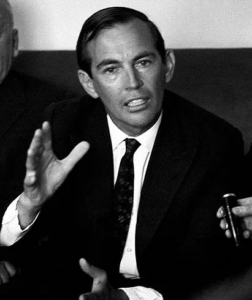
Minnesota winter stole Barnard’s breath. But nothing prepared him for Dr. Walt Lillehei’s operating room.
The “Father of Open-Heart Surgery” worked like a jazz musician:
- Scalpel dancing to Glenn Miller records
- Inventing techniques mid-surgery
- Once using a patient’s own father as a blood pump
Barnard watched, mesmerized, as Lillehei stopped a child’s heart to repair it. “We’re not fixing pumps,” Lillehei murmured. “We’re borrowing time for first kisses and graduations.”
Two revelations struck Barnard:
- Fellow researcher Norman Shumway’s dog hearts kept beating in new bodies
- His own hands began stiffening. Rheumatoid arthritis.
The diagnosis felt like a death sentence. “How many summers left?” he wrote to his wife Louwtjie. “Enough to do something that matters?”
The Perfect Storm (Cape Town, 1967)
Back home, apartheid’s shadow deepened. But Barnard noticed what Americans couldn’t:
South Africa’s brutal edge offered bizarre freedom:
- No ethics committees to block him
- Desperate patients willing to risk everything
- A government hungry for positive headlines
When Denise Darvall was declared brain-dead, Barnard faced his Gethsemane:
- Ethically: Could he take her heart before it stopped?
- Physically: Could his crippled hands endure 9 hours of micro-sutures?
- Morally: Was this playing God… or serving life?
He washed his hands three times, the soap stinging his swollen joints. “Let’s go see if we can fix a man,” he told his team.
Nine Hours That Split History (The Transplant)
What textbooks don’t show:
- How Barnard’s thumb locked mid-suture. An assistant had to pry his fingers open
- The moment Denise’s heart lay cold in a stainless steel bowl. “So small,” Barnard thought. “Can this really power a life?”
- Hamilton Naki – the Black surgical assistant banned from the operating theater – whispering advice through the door
When they shocked the new heart, nothing happened.
30 seconds of crushing silence.
Then… a flutter. A weak contraction. Then another.
Naki rushed in despite apartheid laws: “It’s working, Chris! Look – it’s dancing!”
Down the hall, Louis Washkansky’s wife sobbed into a nurse’s uniform. Denise’s father touched the wall separating them: “Tell him her heart was strong. She climbed mountains.”
Christian Barnard : Miracles & Monsters
The world went mad:
- Paparazzi camped in hospital flowerbeds
- Washkansky’s first words: “I’m bloody hungry!” (front page news)
- Apartheid leaders beamed beside Barnard’s fame
Then came the darkness:
- Day 18: Washkansky drowned in his own lungs – immunosuppressants had left him defenseless
- Barnard collapsing at the funeral, whispering: “I killed two people, not one”
- 1968’s “Transplant Circus”: 107 doomed operations by unprepared surgeons
“We went from saints to butchers overnight,” Barnard confessed. “Every death felt like Abraham’s.”
The Unseen War (1970s)
While Barnard dined with royalty, his private life unraveled:
- His hands now claws. Secretly, assistants positioned his fingers on instruments
- Louwtjie left, taking their children: “You married medicine, not me”
- Two more failed marriages tabloid fodder
Yet in quiet moments, he pioneered again:
- The “Piggyback Heart” (1975): Leaving the old heart to support the new one
- Patient Dirk van Zyl: Lived 23 years post-transplant, attending Barnard’s funeral
- Hamilton Naki: Finally acknowledged as surgical genius after apartheid fell
“Fame is a broken mirror,” Barnard wrote. “It shows you everything but the truth.”
Christian Barnard : Last Beat (Cyprus, 2001)
Retirement was a phantom limb. Barnard wandered – anti-aging quackery, celebrity golf, lonely nights replaying 1967.
Then, on a Cypriot beach:
- Asthma tightening his chest (the old childhood enemy)
- Collapsing as tourists snapped photos
- His last thoughts unknown
The autopsy showed something poetic: The arthritis that haunted his career had spared his heart. It was strong. It was whole.
Why Christian Barnard Matters Beyond
We remember him not because he was first, but because he was humanly flawed:
- Arrogant yet insecure
- Workaholic yet lonely
- Healed thousands but couldn’t fix his own hands
His real legacy isn’t in textbooks:
- → The nurse holding a transplant recipient’s hand today
- → The ethics debates he forced us to have
- → The grandfather dancing at a wedding with another’s heart
As Barnard himself said: “I didn’t prolong life. I prolonged love. There’s a difference.”
Christian Barnard : Groote Schuur Hospital
In Operating Theater One, now a museum, two items gleam under glass:
- Barnard’s scalpel
- Denise Darvall’s cake receipt from December 3, 1967
Outside, a little boy presses his ear to his father’s chest – listening to the borrowed heart that lets him hear “I love you” every day.
Somewhere, a ghost with aching hands smiles.
